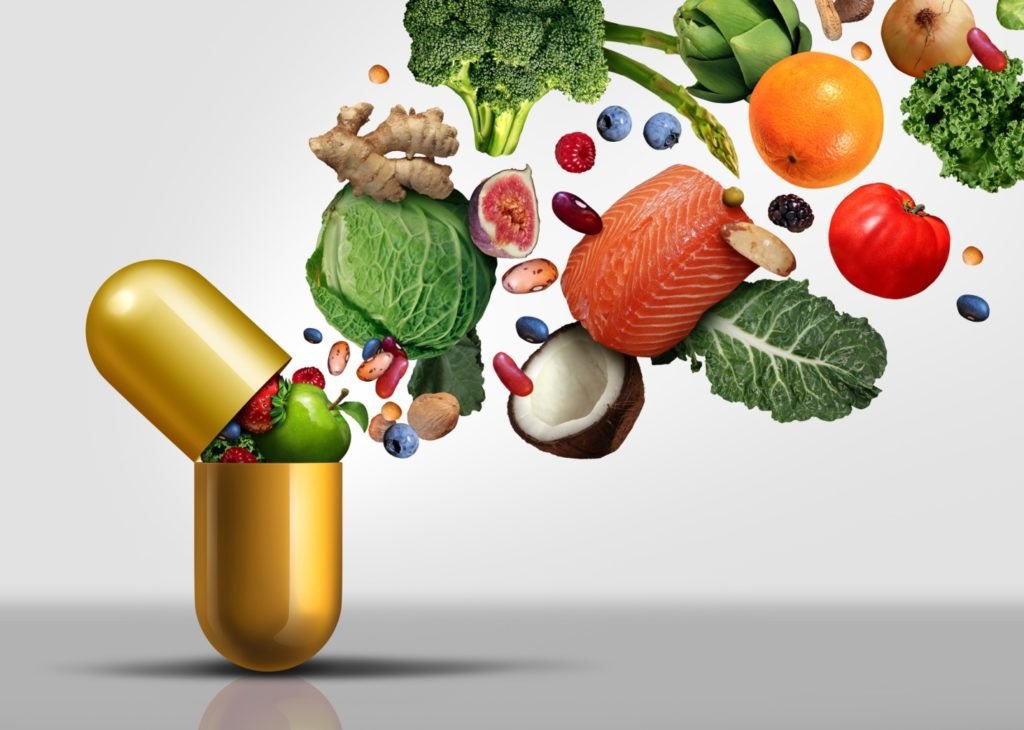While cold drafts and winter weather are common reasons we feel cold, certain vitamin and nutrient deficiencies can also contribute to that chilly sensation. If you find yourself feeling unusually cold, it could be due to low levels of vitamins such as B12, folate, or vitamin C.
Understanding how vitamin deficiencies can impact your body’s ability to regulate temperature can help you pinpoint the cause of your cold sensitivity. Below, we explore how key vitamins and nutrients play a role in thermoregulation and how you can address deficiencies to help warm up.
How Your Body Regulates Temperature
Your body’s ability to maintain a stable temperature around 98.6°F is essential for optimal functioning, a process known as thermoregulation. However, internal and external factors can disrupt this balance, causing temperature fluctuations. Some common disruptors include:
1. Viral and bacterial infections
2. Exposure to extreme temperatures
3. Vitamin and nutrient deficiencies
The Role of Vitamins and Nutrients in Thermoregulation
Vitamins and nutrients support various bodily functions, including temperature regulation. While an iron deficiency is often the primary cause of thermoregulatory disruptions, a lack of certain vitamins can also contribute to cold sensitivity.
One of the most notable causes is anemia, a condition resulting from insufficient red blood cells or hemoglobin, which impairs oxygen transport. Anemia can arise from a lack of iron or from deficiencies in vitamins that support iron absorption and processing, including vitamin B12, folate, and vitamin C.
Vitamin B12: A Key Player
Vitamin B12 is crucial for the production of red blood cells and the synthesis of DNA, fatty acids, and myelin (the protective layer around nerves). A deficiency in vitamin B12 can lead to vitamin B12 deficiency anemia, causing symptoms such as fatigue, weakness, and coldness.
Sources of vitamin B12 include:
1. Eggs
2. Meat and poultry
3. Dairy products
Supplements can also help boost vitamin B12 levels, supporting energy, nervous system function, and stress relief.

Folate (Vitamin B9) and Its Role
Folate, like B12, is essential for producing red blood cells and synthesizing DNA. A deficiency can lead to megaloblastic anemia, where the red blood cells are abnormally large and insufficient in number. Symptoms include fatigue, irritability, heart palpitations, and feeling unusually cold.
Folate is found in foods such as:
1. Beef
2. Dark leafy greens
3. Nuts and legumes
A folate supplement may be beneficial if you’re not getting enough from your diet.
Vitamin C and Cold Sensitivity
Vitamin C is essential for immune health, skin repair, and the absorption of iron. A deficiency in vitamin C, though rare today, can lead to scurvy and severe anemia, both of which can contribute to feelings of coldness.
Good sources of vitamin C include:
1. Citrus fruits (e.g., oranges, grapefruits)
2. Broccoli
3. Tomatoes and spinach
Can Vitamin D Deficiency Cause You to Feel Cold?
While vitamin D is important for bone health and immune function, research suggests it plays only an indirect role in thermoregulation. Low vitamin D levels are more closely linked to bone issues such as rickets, which can make you feel cold, but they don’t appear to directly affect temperature regulation like B vitamins do.
However, maintaining adequate vitamin D is still essential for overall health. Sunlight, fortified foods, and supplements can help ensure you get enough vitamin D.
Addressing Nutrient Deficiencies
If you suspect that a vitamin deficiency is causing you to feel cold, consider getting a blood test to confirm the levels of B12, folate, and vitamin C in your system. In addition to eating nutrient-rich foods, supplements can help fill any gaps and improve your overall health.
Everlywell offers a range of vitamins and supplements, including vitamin B12 and multivitamin options, to help you maintain optimal nutrient levels and stay warm.
By understanding the connection between vitamin deficiencies and cold sensitivity, you can take steps to improve your health and comfort during the colder months.



